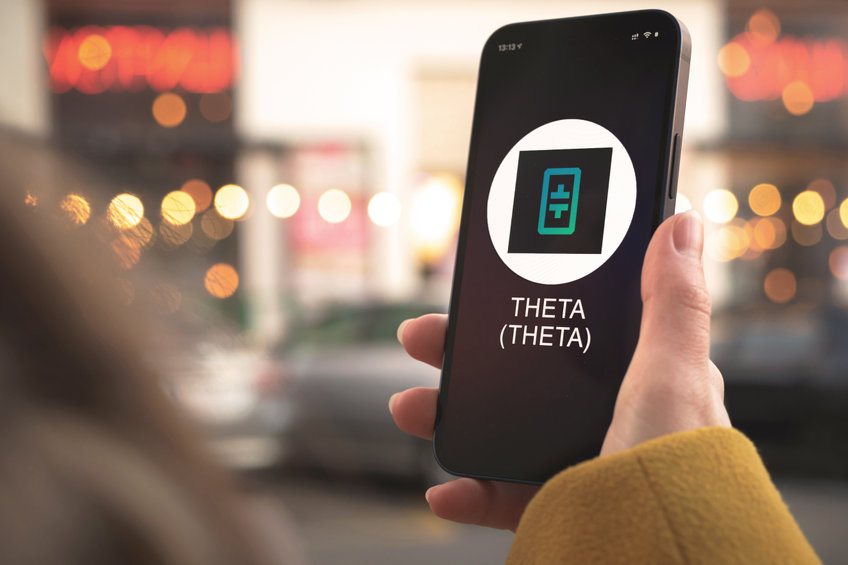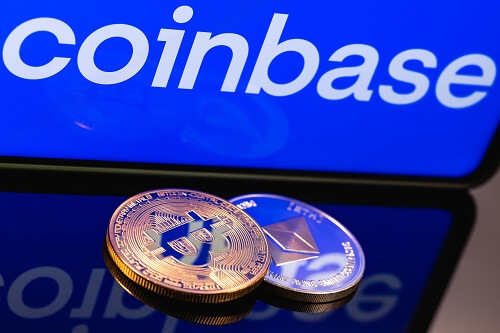Marco Rubio had been called “Little Marco” and “a choke artist” by his 2016 Republican primary rival Donald Trump, but on a debate stage in Houston the Florida Senator finally hit back. Trump was a huckster who would be “selling watches in Manhattan” if he hadn’t inherited a real estate fortune, Rubio charged.
Less than a month later Rubio’s presidential bid was over. The bitterness from the bare-knuckle brawling lingered.
Last month, however, within weeks of securing his return to the White House, Trump tapped his onetime adversary for one of the most senior positions in his incoming presidential administration: secretary of state.
The about-face is so jarring that even foreign allies have expressed surprise — and some relief. A known quantity like Rubio contrasts with the president-elect’s more contentious national security picks, such as former Fox commentator Pete Hegseth for defence and Tulsi Gabbard, his nominee for director of national intelligence who has been criticised for pro-Russian stances.
“In all honesty, some Trump nominations have made our jaws drop — but not Rubio,” said a senior official from a Nato country. “Rubio has strong foreign policy experience and understands the added value of strong alliances.”
He will need the experience. Trump and his foreign policy team will inherit from outgoing US President Joe Biden a difficult task list, including wars in Ukraine and the Middle East, and the potential for more turmoil in Syria. Geopolitical frictions with China in Asia-Pacific, and trade frictions even with allies such as Canada, Mexico and the EU will inevitably leach into Rubio’s file.
A veteran of the Senate’s foreign relations committee and the top Republican on its intelligence committee, Rubio is best known on Capitol Hill for his hawkishness on China. He was one of the earliest and loudest voices warning of the security threat posed by President Xi Jinping’s aggressiveness on the world stage.
While that has endeared him to some of Trump’s inner circle, his more conventional views on national security have put him at odds with the Maga wing of the Republican party. That includes Donald Trump Jr, who publicly argued against his father choosing Rubio as a running mate because of his “establishment” credentials.
Trump Jr also pushed his friend and Maga ally Richard Grenell for the top diplomatic job. Grenell instead has been given a vague “envoy for special missions” role.

Despite the anger in some Maga quarters, the selection of Rubio and congressman Mike Waltz as national security adviser has reassured many allies.
“They are obviously rightwing, but good thinkers,” said a European diplomat. “They’ve made statements I would not necessarily agree with, but they are not outside the parameters of normal policymaking options. They are pro-alliances and Nato.”
Both foreign diplomats and Washington’s foreign policy establishment have questioned how influential Rubio and Waltz will be and how they will fare in collaboration with other more unorthodox or radical picks such as Hegseth, Gabbard or Sebastian Gorka, the deputy national security adviser who has been criticised as Islamophobic.
The senior official from a Nato country tempered his optimism about Rubio, saying, “much will depend on who his deputies will be and how strong his position will be with regard to the National Security Council”.
“There are a lot of moving pieces and I’m not sure people know their roles right now. It’s going to take time to sort that out, and that’s going to be very messy,” said Aaron David Miller, who advised several Republican and Democratic secretaries of state and is now at the Carnegie Endowment for International Peace.
Rubio was born in Miami but spent part of his childhood in Las Vegas, where his father was a bartender at a casino and his mother was a housekeeper at a hotel. Later his mother worked at a factory and also cared for her four children full-time. He played American football for a short period at Tarkio College in Missouri but later transferred to a community college and then to the University of Florida, where he graduated with a degree in political science in 1993.


The son of Cuban immigrants who was first elected to the Senate in 2011 before launching a failed presidential bid in 2016, Rubio has become increasingly sceptical of the US’s overseas entanglements.
“We’re entering into an era of pragmatic foreign policy in which the world is rapidly changing. Adversaries are uniting in North Korea, Iran, China, Russia. They’re increasingly co-ordinating,” he said in an interview with CNN the day after the election. “It’s going to require us to be very pragmatic and wise and how we invest overseas and what we do and how we approach things.”
His hawkishness on China has been a recurring theme.
In the Senate, Rubio has cited Beijing’s persecution of Uyghurs in Xinjiang, its crackdown on democracy activists in Hong Kong and its pressure on Taiwan. In 2020, China imposed sanctions on Rubio, among other American officials, over his “egregious” record on Hong Kong. He has written two reports while in Congress on China’s threat to the US’s economy and technological power.
Rubio was considered a neoconservative when he sought the presidential nomination in 2016, when he described the US as an “indispensable power”. Two days after Trump’s re-election, however, Rubio talked instead of the US’s “limited resources”.
“There are some really bad things happening in the world. But we can’t be involved in all of them. We have to pick the things that are most important to America and to our security,” he said in a November 7 interview with Catholic channel EWTN.

Reassuringly to some Democrats and foreign diplomats, however, he does not argue for retreat. “We must be engaged with the world,” he wrote in his 2023 book Decades of Decadence, adding that the American temptation to pull back from the world stage while maintaining its safety “is foolish.”
He sees a role for the US in Europe but, like Trump, wants Europe to provide more for its own defence.
“While America will remain engaged in Europe, we are going to need our European allies to step up to the plate and shoulder the bulk of this load,” he wrote in Decades of Decadence, a survey of what he describes as years of American decline.
Rubio is “somebody who wants to have good relationships with our allies and the world”, said Senator Jim Risch, the top Republican on the Senate’s foreign relations committee.
Rubio was initially a strong supporter of Ukraine’s fight against Russia’s full-scale invasion, but voted against additional funding for Kyiv earlier this year, and has described the conflict as a “stalemate”.
“We do want to see that conflict end, and it’s going to require some very difficult choices,” he said.
But like Trump, Rubio remains a hawk on Iran, seeing it as the source of instability in the Middle East. A staunch supporter of Israel, he wants the US ally to “destroy every element of Hamas they can get their hands on”, blaming the group for the huge death toll in the Gaza Strip since Israel launched its offensive.
Credit: Source link














